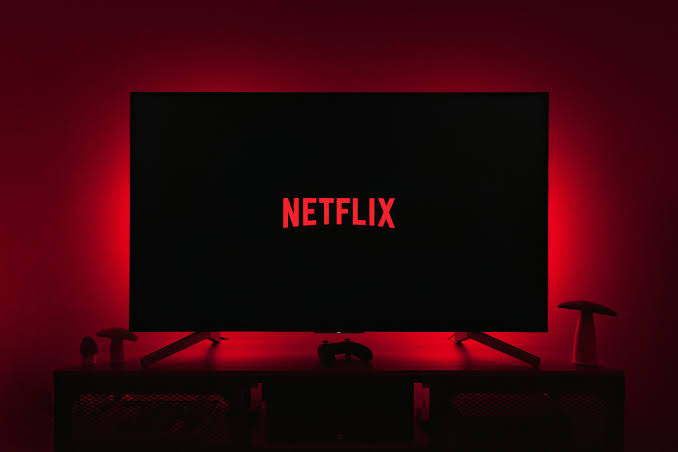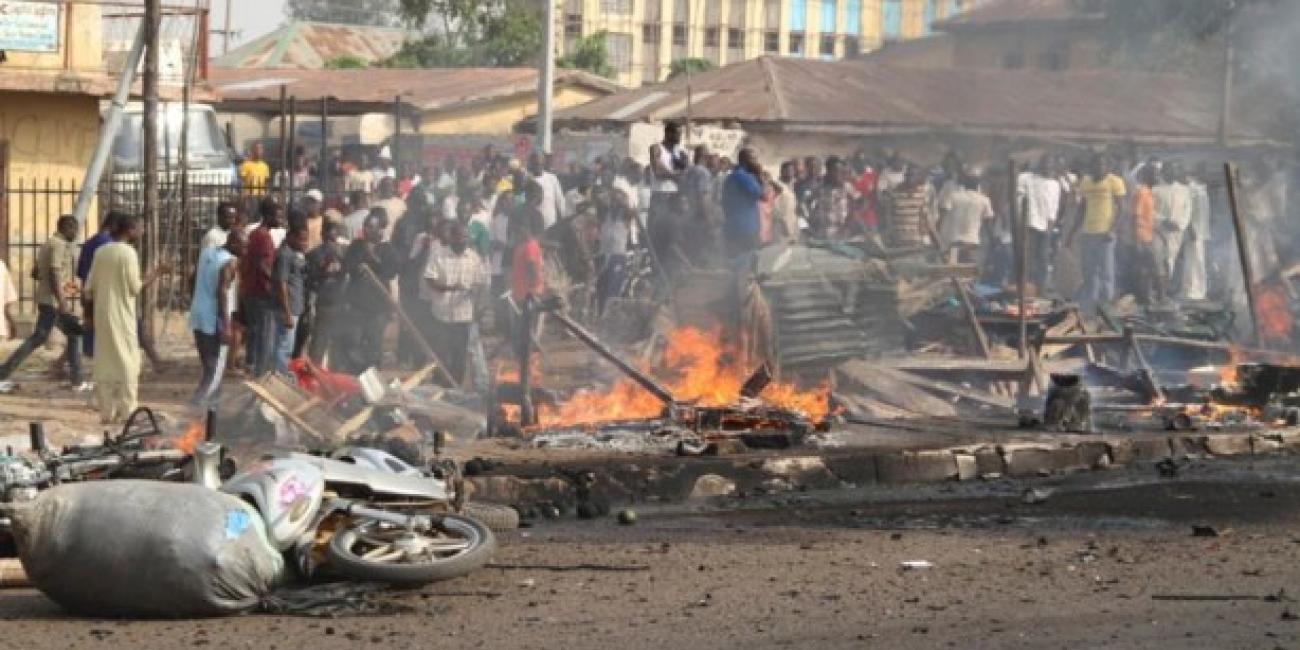Streaming giant Netflix has announced a notable increase in its subscription prices for Nigerian users, with the monthly plan set to rise to N8,500 effective July 4, 2025. This marks the second price adjustment in Nigeria within a year, following a 40% increase in the Premium Plan from N5,000 to N7,000 in July 2024, and a prior adjustment in April of the same year. The latest hike has sparked widespread discussion among subscribers, industry analysts, and social media users, raising questions about affordability, market strategy, and the streaming service’s commitment to its growing Nigerian audience.
A Pattern of Price Adjustments in Nigeria
Netflix’s decision to increase its subscription price to N8,500 comes on the heels of significant economic challenges in Nigeria, including inflation and currency volatility, which have put pressure on consumers’ purchasing power. According to posts on X, the Standard Plan, popular for its HD quality and multi-screen viewing options, previously rose from N4,000 to N5,500 in 2024, while the Premium Plan jumped to N7,000. The new N8,500 price point, as reported by users on X, appears to reflect Netflix’s ongoing efforts to align its pricing with operational costs and market dynamics in Nigeria.
This is not an isolated move for Netflix. Globally, the company has implemented price hikes in various markets, including a reported increase in Singapore in April 2025 and adjustments in the U.S. earlier in the year. In Nigeria, however, the price increases have been particularly frequent, with two adjustments in 2024 alone. According to a Nairametrics report, Netflix’s revenue for the first quarter of 2025 reached $10.5 billion, a 13% year-on-year growth, partly propelled by these subscription price increases. The report suggests that with subscriber growth expected to slow in 2025, particularly in mature markets like the U.S., Netflix is focusing on extracting more value from existing users through higher pricing and new revenue streams like advertising.
Why the Price Hike?
Netflix’s decision to raise prices in Nigeria can be attributed to several factors. First, the company has been investing heavily in local content to capture the Nigerian market, which boasts a vibrant film industry known as Nollywood. According to Bloomberg, Nollywood is a booming business, producing the second-highest number of movies globally after India, with ticket sales jumping 60% to N11.5 billion ($8 million) in 2024. Netflix has capitalized on this by producing original Nigerian content and localizing its platform with subtitles, dubbing, and culturally relevant programming. These investments, while popular among subscribers, come with significant costs.
Second, Nigeria’s economic landscape presents unique challenges. The volatile naira, coupled with rising inflation, has increased the cost of doing business in the country. For a global company like Netflix, which incurs expenses in U.S. dollars, maintaining profitability in markets with depreciating currencies requires periodic price adjustments. This is similar to the strategy employed by Starlink, which announced a price increase for its satellite internet service in Nigeria effective May 30, 2025, citing market realignment and currency fluctuations.
Finally, Netflix’s global strategy is shifting toward diversifying revenue streams. As noted in a Reuters report, the company is confident in its ability to weather economic turbulence, with co-CEO Greg Peters emphasizing resilience in the face of potential consumer spending cuts. By introducing ad-supported plans and cracking down on password sharing, Netflix aims to bolster its revenue while maintaining subscriber loyalty. In Nigeria, where the ad-supported plan is not yet widely available, price hikes on existing plans are a key lever for revenue growth.
Impact on Nigerian Subscribers
The price hike to N8,500 has elicited mixed reactions from Nigerian subscribers. On X, users expressed frustration, with one noting the rapid escalation from N4,400 to N7,000 and now to N8,500, questioning the affordability of the service in a country grappling with economic hardship. Another user lamented the timing, pointing to Nigeria’s broader economic challenges under recent fiscal policies.
Despite the backlash, Netflix’s investment in local content may help retain subscribers. The company has been proactive in producing Nigerian originals, such as the docuseries “Power Moves with Shaquille O’Neal” and Tyler Perry’s “Straw” starring Taraji P. Henson, alongside a robust slate of Nollywood films. These efforts resonate with Nigerian audiences, who value culturally relevant storytelling. Additionally, Netflix’s mobile app and website offer robust customer support, including a help center and live chat, which may mitigate some subscriber concerns.
However, the price increase could push some users toward more affordable alternatives or piracy, a longstanding issue in Nigeria’s media landscape. Competitors like Showmax, which also invests in African content, may capitalize on Netflix’s price hikes to attract cost-conscious consumers. Additionally, the absence of a free trial in Nigeria, as noted by IGN, limits opportunities for new users to test the platform before committing to the higher price.
What’s Next for Netflix in Nigeria?
Looking ahead, Netflix’s strategy in Nigeria will likely focus on balancing subscriber retention with revenue growth. The company’s redesigned homepage, unveiled in May 2025, aims to enhance user experience with a more intuitive interface, potentially justifying the higher cost for some subscribers. The New York Times reported that this redesign, the first in over a decade, could influence the broader streaming industry, as competitors often emulate Netflix’s innovations.
Moreover, Netflix’s upcoming content slate for 2025, including high-profile releases like “Happy Gilmore 2,” “Squid Game” season 3, and “The Old Guard 2,” may entice subscribers to stay despite the price hike. In Nigeria, the addition of new anime titles in July 2025, such as “Dan Da Dan” and “Sakamoto Days,” could further appeal to younger audiences.
Economic and Cultural Context
The price hike comes at a challenging time for Nigeria. The country has faced significant economic headwinds, including deadly floods in Mokwa that killed over 200 people and displaced many others, as reported by the BBC. These events, combined with ongoing inflation, have strained household budgets, making discretionary spending on services like Netflix a tougher sell.
Yet, Nigeria’s cultural appetite for entertainment remains strong. The resilience of Nollywood, even amidst economic challenges, underscores the importance of storytelling in Nigerian society. Netflix’s investment in this sector positions it as a key player, but the company must navigate the delicate balance of pricing and accessibility to maintain its foothold.
Final Thoughts
Netflix’s decision to raise its monthly subscription price to N8,500 in Nigeria starting July 4, 2025, reflects a broader strategy to sustain growth in a competitive and economically volatile market. While the price hike has sparked concern among subscribers, Netflix’s focus on local content, user experience improvements, and a robust content pipeline may help retain its Nigerian audience. However, the company must tread carefully to avoid alienating cost-sensitive consumers in a country where economic pressures are acutely felt.
For Nigerian subscribers, the question remains: is Netflix’s premium content worth the increased cost? As the streaming landscape evolves, Netflix’s ability to deliver value while addressing local challenges will determine its long-term success in Africa’s largest economy. Stay tuned for updates on how this price hike impacts subscriber behavior and whether Netflix introduces new features or plans to soften the blow for its Nigerian audience.
Join our Whatsapp channel to stay updated always!




